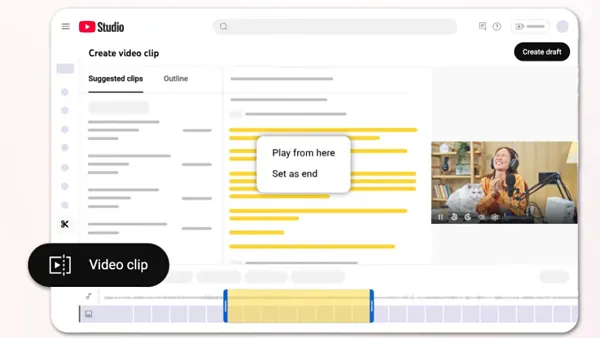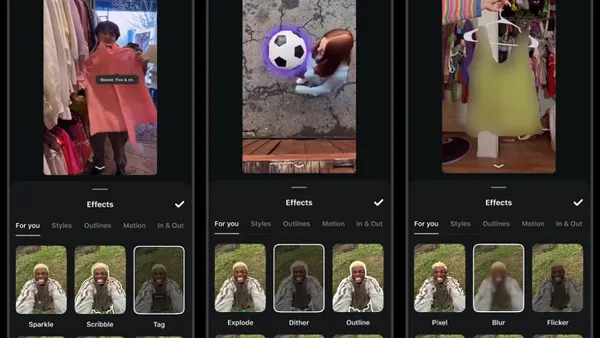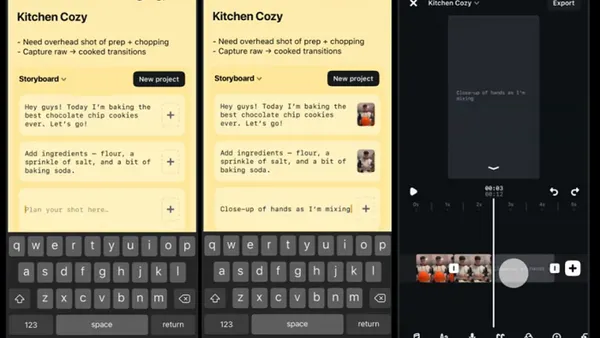"You're going to find that many of the truths we cling to depend greatly on our own point of view." - the late Sir Alec Guinness as Ben 'Obi-Wan' Kenobi
I've been a Toronto Star reader for as long as I can remember. It was the paper my parents always had in the house, and I was a Star carrier from the time I was 11 until the time I was 15. My wife and I still get it delivered to our door 7 days a week.
The Toronto Star is biased.
Actually, all newspapers are biased. In fact, all information sources are.
I think most of us know this intrinsically, but we tend to forget. I know I do.
This morning I spied a headline on the front page of the Saturday Star. It read "Flaherty waging a 'vendetta' against Ontario." For those outside Canada, Jim Flaherty is the federal Minster of Finance, and a former Ontario provincial minister in the same portfolio. The Conservative party provincial government that Flaherty was a part of was pretty soundly booted from office a few years back, and is still looked on with disdain by many here.
The headline is a quote from Liberal party leader Stéphane Dion. Now, if you read the story, you realize that the Star could have just as easily used a quote from Flaherty or Prime Minster Stephen Harper which would have framed the story in an entirely different light. But they didn't. Why? The Star has a well-established liberal bias. Which is just fine with me as a reader of the paper 'cus frankly I have a well-established liberal bias too!
Yesterday I (and many other bloggers) wrote about Ryerson University threatening a student with expulsion for creating a Facebook study group. Now, I don't think anything I (or the bloggers I read) wrote anything truly wrong, but some behind the scenes correspondence did give me pause to think about my own point of view.
In my blog entry, I quoted Dr. James Norrie, a Ryerson prof who had been sited in some of the stories on the incident in question. Because I have no illusions that Dr. Norrie would ever see a story on my humble blog, I decided to email him directly as well. Dr. Norrie very kindly and thoughtfully responded to me to clarify his position.
Now, I'm not in the practice of revealing the contents of my personal communications, but I will say that Dr. Norrie's explanation of his position made perfect sense to me given his position and his knowledge of the situation. It didn't change my opinion, but it did bring me greater understanding of why he said what he said, and the context in which he was being quoted.
Media literacy, in my opinion, is now a critical part of basic literacy. If you don't understand, at least at a basic level, the bias behind any communication, you haven't in fact understood it at all.
So, why did I write this post?
It's a good question, and it's exactly the question you should ask every time you finish reading anything.
To see the original post and more from Jay Moonah, please check out
Media Driving, a communications blog & podcast.











